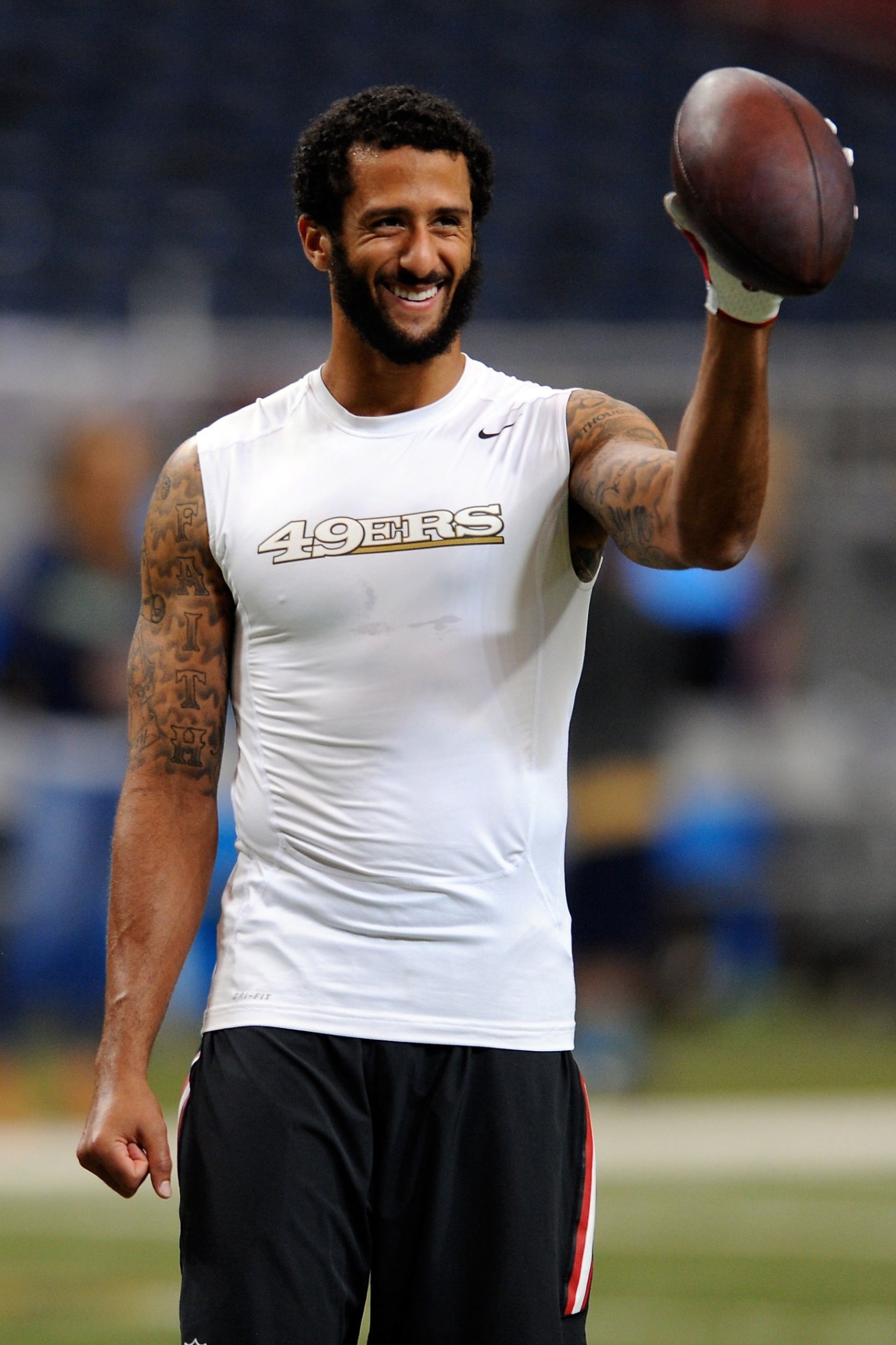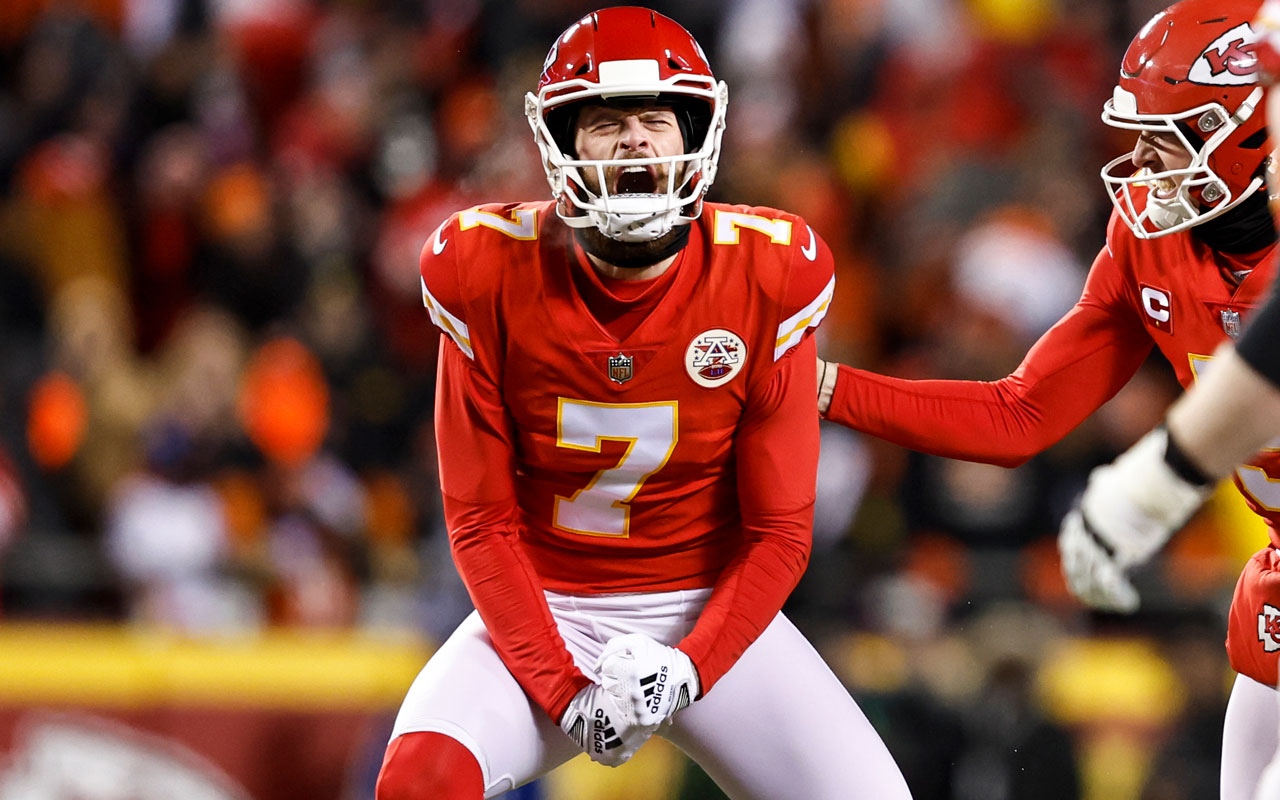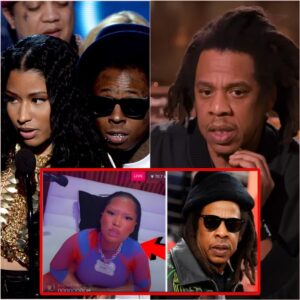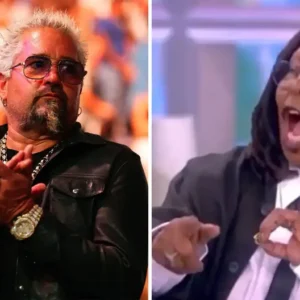Colin Kaepernick, the former San Francisco 49ers quarterback turned social justice activist, has made headlines once again, this time with a bold and unexpected decision: he will boycott the NFL as long as Harrison Butker remains a member of any team. This declaration has sparked significant discussion and debate, raising questions about the intersection of sports, activism, and personal convictions.

Kaepernick, who became a national figure in 2016 for his protest against racial injustice and police brutality by kneeling during the national anthem, has since continued his activism outside the NFL.
His actions and statements have often stirred controversy, reflecting his commitment to social justice issues and his willingness to challenge institutional norms.
The announcement of his boycott is notable not only for its timing but also for its target: Harrison Butker, the kicker for the Kansas City Chiefs. Butker, known for his performance on the field, has become the focal point of Kaepernick’s latest protest.
The specifics of the conflict between Kaepernick and Butker have not been fully detailed, but Kaepernick’s decision underscores his ongoing commitment to holding individuals and institutions accountable for their actions.
In his statement, Kaepernick emphasized that his decision is driven by a broader sense of justice and integrity. “I cannot, in good conscience, support a league that continues to allow individuals like Harrison Butker to be a part of it,” Kaepernick stated.
His remarks suggest that Butker’s association with the NFL represents a larger issue that Kaepernick believes is incompatible with his principles. The rationale behind Kaepernick’s boycott remains somewhat ambiguous, leading to speculation and debate among fans and analysts.
Some interpret his stance as a continuation of his protest against systemic issues within the NFL and American society at large. Others view it as a personal statement against Butker, whose role in the league has become a symbol of the broader controversies surrounding Kaepernick’s activism.
Harrison Butker himself has yet to publicly respond to Kaepernick’s announcement. As a player with the Chiefs, Butker has been primarily known for his contributions to the team’s success, including key plays and performances.
However, the controversy surrounding his involvement highlights how personal and political convictions can intersect in the sports world, often leading to complex and highly charged situations.
 The impact of Kaepernick’s boycott on the NFL and Butker is yet to be seen. The NFL, as a major professional sports league with a vast global following, has faced numerous challenges and criticisms over the years, particularly concerning its handling of social justice issues.
The impact of Kaepernick’s boycott on the NFL and Butker is yet to be seen. The NFL, as a major professional sports league with a vast global following, has faced numerous challenges and criticisms over the years, particularly concerning its handling of social justice issues.
Kaepernick’s decision to boycott adds another layer to this ongoing conversation, reflecting the ongoing tensions between sports, activism, and public opinion. This development also brings to light the challenges athletes face when they use their platforms to address social issues.
Kaepernick’s activism has consistently demonstrated how sports figures can influence public discourse and highlight important societal issues. His boycott serves as a reminder of the power of athletes to impact the broader cultural and political landscape, even when their actions are met with resistance or controversy.
For fans of Kaepernick, his boycott may be seen as a principled stand against perceived injustices, reinforcing his role as a prominent activist and advocate for change. Conversely, those who view the situation differently may interpret his actions as a form of protest that complicates the relationship between personal beliefs and professional involvement.
In conclusion, Colin Kaepernick’s announcement to boycott the NFL as long as Harrison Butker remains a member of any team is a provocative and significant development in the ongoing dialogue about sports and social justice.
Kaepernick’s decision reflects his steadfast commitment to his principles and his willingness to challenge the status quo. As this story continues to unfold, it will likely fuel further discussion about the role of athletes in social activism and the broader implications of their actions within the sports world.
News

Travis Kelce reacts harshly to Elon Musk for daring to touch his girlfriend, Taylor..
Chiefs’ Travis Kelce To Rude Donald Trump Fan Elon Musk: ‘I’ll Twist You Into A Pretzel!’? Taylor Swift Story Fake They say politics make for strange bedfellows … and so we have “twisted” together – like a “pretzel!” – Taylor Swift,…

AT 80, An Untold Love Story Finally Revealed of Michael Jackson & Diana Ross Confirms What We Thought All Along (VIDEO)
Today, we delve into the intricate and poignant relationship between two 20th-century music legends, Michael Jackson and Diana Ross. Their story is one of deep affection, professional mentorship, and complex emotions, evolving over decades from their first encounter to Jackson’s…

“JAY Z Scammed Me Out Of 300M, Lil Wayne $50M Dollar” Nicki Minaj GOES IN On Elites Scamming ARTISTS (VIDEO)
Nicki Minaj, known for her outspoken nature, recently dropped bombshell allegations against major players in the music industry, including JAY-Z. In a heated rant, she claimed that the music elites have been scamming artists, specifically mentioning how she was scammed…

Jada Pinkett Smith and Will Smith are heartbroken that their son Jaden has made a SH0CKING decision. (VIDEO)
Jada Pinkett Smith, Will Smith, Willow Smith, Jaden Smith, and Trey Smith | Jim Spellman/WireImage Fans are absolutely fascinated by everything the Smith family says and does. Maybe it’s because all four of them; Will, Jada, Jaden, and Willow, are involved in…

Paris Jackson Confirms What We Knew All Along
Paris Jackson Gets Incredibly Candid About Self-Harm, Suicide Attempts and Depression “Yes, I tried to kill myself many times,” she confirms. Paris Jackson continued to give fans a raw look into her personal life on the second episode of her…

At 22, Michael Jackson’s Son FINALLY Confirms What We Knew All Along
Michael Jackson: A Father’s Legacy Through the Eyes of His Son Michael Jackson, famously known as the King of Pop, was not just an extraordinary artist; he was also a devoted father to his three children, Prince, Paris, and Bigi…
End of content
No more pages to load
Next page







